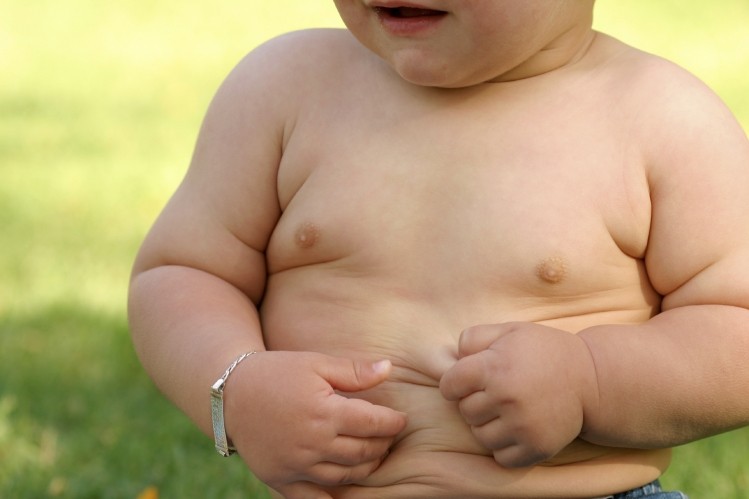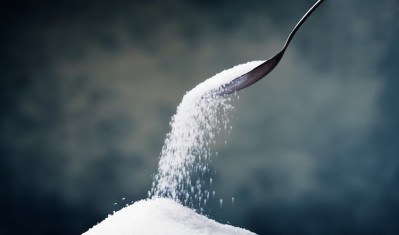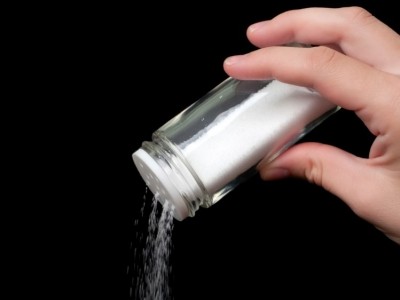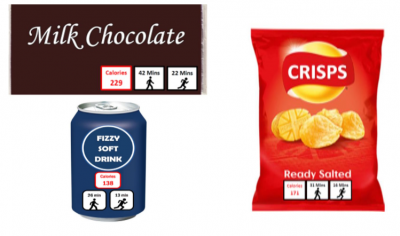Tighter regulations recommended to curb childhood obesity

In a report published on 10 October, Davies warned that the UK would fail to meet its target to halve childhood obesity by 2030 if drastic action wasn’t taken.
This included measures such as limiting portion sizes and new rules to differentiate manufacturers selling healthier foods from those seen as selling unhealthy foods.
Recommendations were also made to further regulate the industry, such as extending the Soft Drinks Industry Levy to include milk-based drinks with added sugar and reduce the VAT on healthy foods to make them cheaper than their less healthy alternatives.
‘Draconian and unenforceable’
However, Dominic Watkins, head of food group at DWF, poured scorn on the suggestions: “The proposal to ban snacking on public transport is a draconian and unenforceable concept. There is no suggestion as to who would enforce such a ban, given the vast majority of commuter transport isn’t staffed beyond a driver. Any policing of such a ban inevitably leads to a vast level of additional cost – and who would foot the bill? We must also consider the wider economic impact on the many restaurants and food outlets at transport hubs that would inevitably be negatively impacted by such a ban.
“While the intention of the report is well-meaning, the fact is that eating on-the-go is a necessity for much of our time-poor population. It also ironic that snacking is being vilified in this way – given the recent move towards eating little and often as a way of reducing calorie intake. Such proposals add to the confusion on what is ‘unhealthy’ and ever-changing public health advice makes it more challenging than ever for consumers to know what they should actually do.
“Changes are certainly needed to improve diet and lifestyle across the UK, but any proposals must be practical and on the whole, the suggestions in this report are not.”
‘Beacon of hope’
In contrast, campaign group Action on Sugar called the report a “beacon of hope” that made sound recommendations of what was needed for the UK to crack down on childhood obesity.
Nutritionist and campaign director Katharine Jenner said: “Key to this, and outlined in Professor Davies’ report, is the urgent need to take unhealthy food and drink out of the spotlight by restricting promotions and marketing – this simply cannot be achieved without legislation.
“Legislation and fiscal measures are not always politically popular, but that doesn’t mean they aren’t right – the unprecedented results of the sugary drinks levy speak for themselves.”
Objections to restrictions
The Food and Drink Federation (FDF) objected to more restrictions being placed on producers and pointed out the work the industry had already done to help curb the rise of obesity.
As Kate Halliwell, head of UK diet and health policy, explained: “FDF member companies are committing time and resource to deliver the Government’s various reformulation programmes – cutting salt, sugars and calories. We want Government to support us in this work and not introduce punitive measures that might hinder it.
“We agree more needs to be done to tackle obesity and welcome the report's clear steer that everyone needs to play their part, including schools, local councils and the NHS. Manufacturers alone will not solve this.”
















